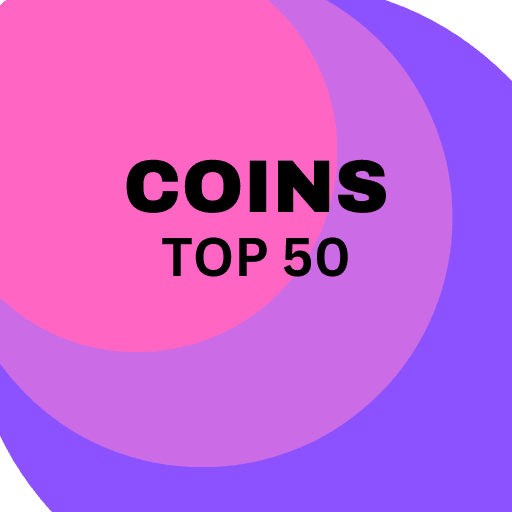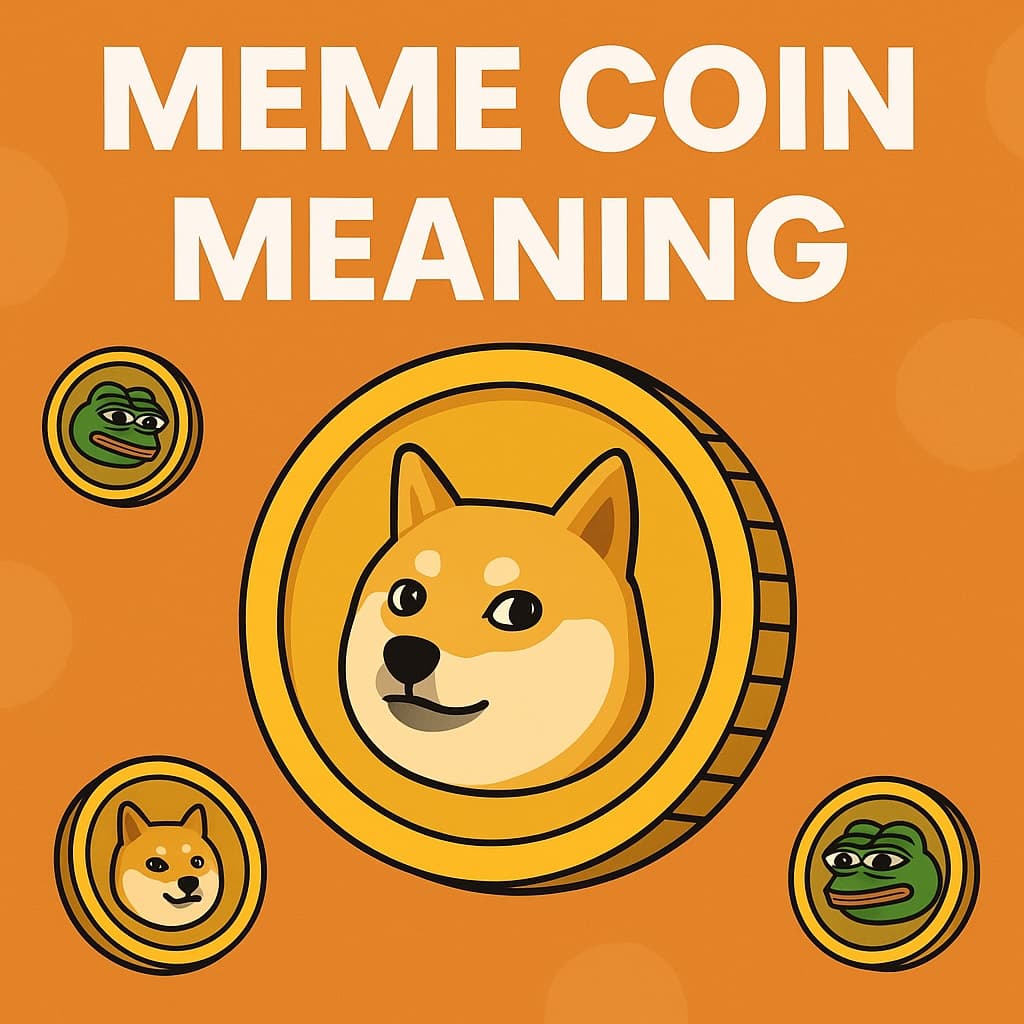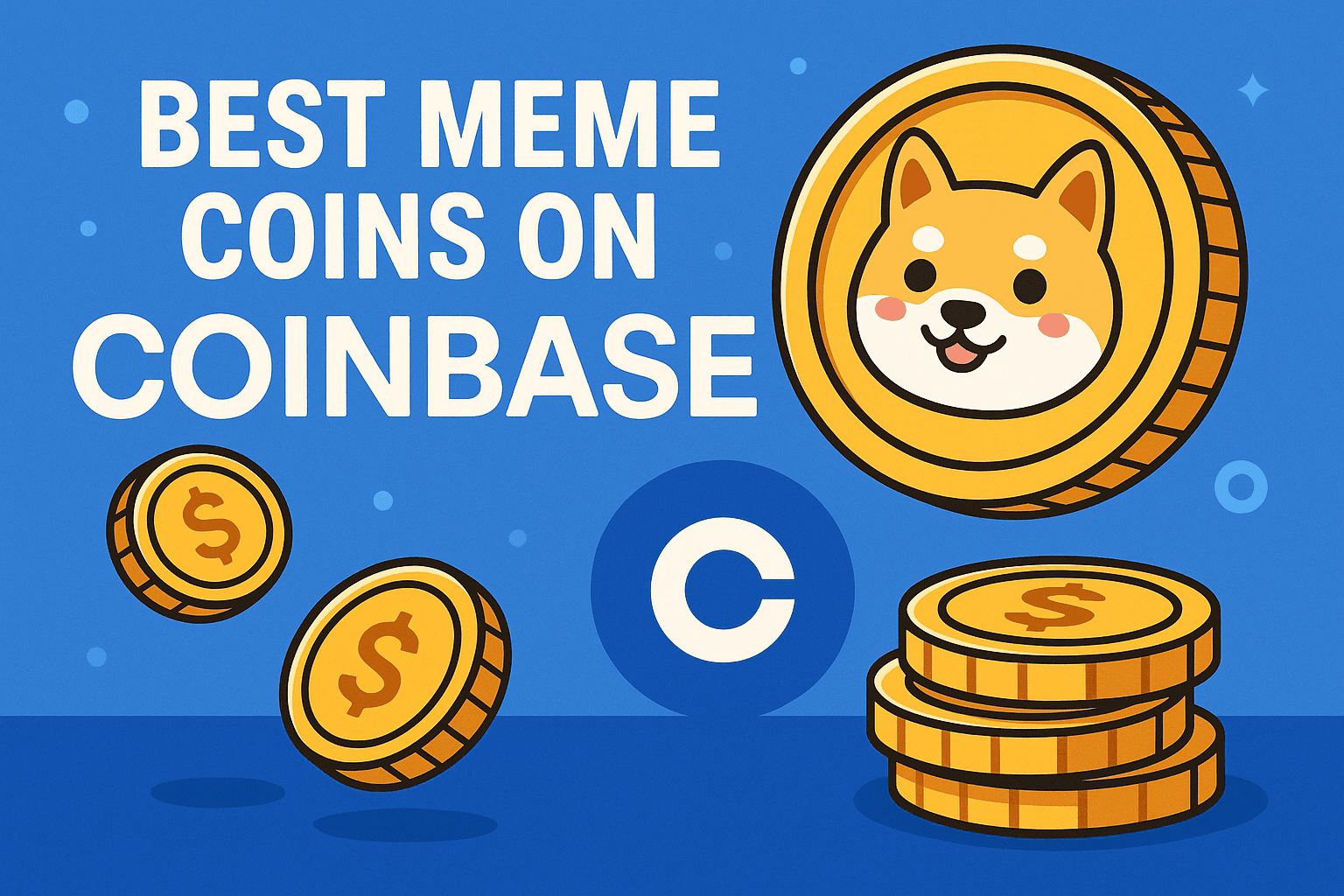
What Are Governance Tokens? | How DAOs Let You Vote in Web3
In the rapidly evolving world of blockchain and cryptocurrency, governance tokens have emerged as a cornerstone of decentralized systems. These tokens empower communities, drive decision-making, and embody the ethos of decentralization. But what exactly are governance tokens, and why are they so critical to the future of blockchain ecosystems? In this blog post, we’ll explore the concept of governance tokens, their role in voting and power distribution, and how they fuel decentralization.
What Are Governance Tokens?
Governance tokens are digital assets native to a blockchain protocol or decentralized application (dApp) that grant holders the ability to influence the direction of the project. Unlike utility tokens, which provide access to services, or payment tokens like Bitcoin, governance tokens are designed to give users a voice in the decision-making process of a decentralized organization, often referred to as a Decentralized Autonomous Organization (DAO).
Think of governance tokens as shares in a company, but instead of voting on corporate policies, holders vote on protocol upgrades, resource allocation, or even community initiatives. Popular examples include:
- UNI (Uniswap): Allows holders to vote on changes to the Uniswap decentralized exchange.
- COMP (Compound): Enables governance over the Compound lending protocol.
- MKR (MakerDAO): Used to manage the DAI stablecoin and its ecosystem.
These tokens are typically distributed through airdrops, liquidity mining, or token sales, ensuring that community members have a stake in the project’s future.
The Role of Governance Tokens in Voting
The primary function of governance tokens is to facilitate voting within a decentralized system. Token holders can propose and vote on changes, such as:
- Protocol Upgrades: Modifying smart contracts or adjusting parameters like fees.
- Treasury Management: Deciding how to allocate funds from the project’s treasury.
- Community Initiatives: Approving grants or partnerships.
The voting power of each participant is usually proportional to the number of tokens they hold. For example, owning 1% of the total supply of a governance token might give you 1% of the voting power. This structure incentivizes active participation and aligns the interests of token holders with the long-term success of the protocol.
However, this model isn’t without challenges. Large token holders, often called “whales,” can dominate voting outcomes, potentially centralizing power in the hands of a few. To counter this, some projects implement quadratic voting or time-locked tokens to ensure fairer representation.
Governance Tokens and the Power Dynamic
Governance tokens redistribute power from centralized entities to the community, embodying the decentralized ethos of blockchain. They allow anyone—regardless of location or background—to have a say in how a protocol evolves. This democratization of power is a game-changer, but it comes with responsibilities.
For instance, token holders must stay informed about proposals and their implications. Apathy or low voter turnout can lead to suboptimal decisions or exploitation by motivated minorities. Additionally, governance tokens often carry economic value, trading on exchanges like any other cryptocurrency. This dual role—governance and investment—can create tension, as some holders prioritize short-term profits over long-term protocol health.
Reach our audience of developers and tech enthusiasts with your product or service.
Fueling Decentralization
Decentralization is the heart of blockchain, and governance tokens are its lifeblood. By distributing decision-making authority, these tokens reduce reliance on centralized entities like corporations or governments. This shift has profound implications:
- Resilience: Decentralized systems are less vulnerable to single points of failure.
- Inclusivity: Governance tokens enable global participation, giving underrepresented communities a voice.
- Innovation: Community-driven governance fosters experimentation and rapid iteration.
For example, MakerDAO’s MKR token holders have successfully managed the DAI stablecoin through volatile market conditions, proving that decentralized governance can rival traditional financial systems. Similarly, Uniswap’s UNI token has enabled the community to roll out new features, like concentrated liquidity, without a central authority.
Challenges and the Path Forward
While governance tokens hold immense promise, they face hurdles. Voter apathy, as mentioned earlier, is a significant issue. Many token holders don’t participate in governance, leaving decisions to a small group. Additionally, regulatory scrutiny is increasing, as governments grapple with how to classify and regulate these tokens. In 2025, we’re seeing clearer guidelines emerge, but the landscape remains complex.
To address these challenges, projects are experimenting with innovative solutions:
- Delegated Voting: Allowing token holders to delegate their votes to trusted representatives.
- Incentive Mechanisms: Rewarding active participation with additional tokens or benefits.
- Improved UX: Simplifying governance interfaces to make voting more accessible.
Why Governance Tokens Matter in 2025
As blockchain adoption grows, governance tokens are becoming more critical than ever. They empower communities to shape the future of finance, technology, and beyond. Whether you’re a crypto enthusiast, investor, or developer, understanding governance tokens is essential to navigating the decentralized world.
By participating in governance, you’re not just holding a token—you’re holding power. You’re contributing to a system that values transparency, inclusivity, and innovation. So, dive into the world of DAOs, explore projects like Uniswap or MakerDAO, and consider how you can play a role in shaping the decentralized future.
Ready to get started? Research governance tokens, join a DAO, and cast your vote to make your voice heard in the blockchain revolution!
Want to stay updated on cryptocurrency trends and governance tokens? Subscribe to our newsletter for the latest insights and tips!


